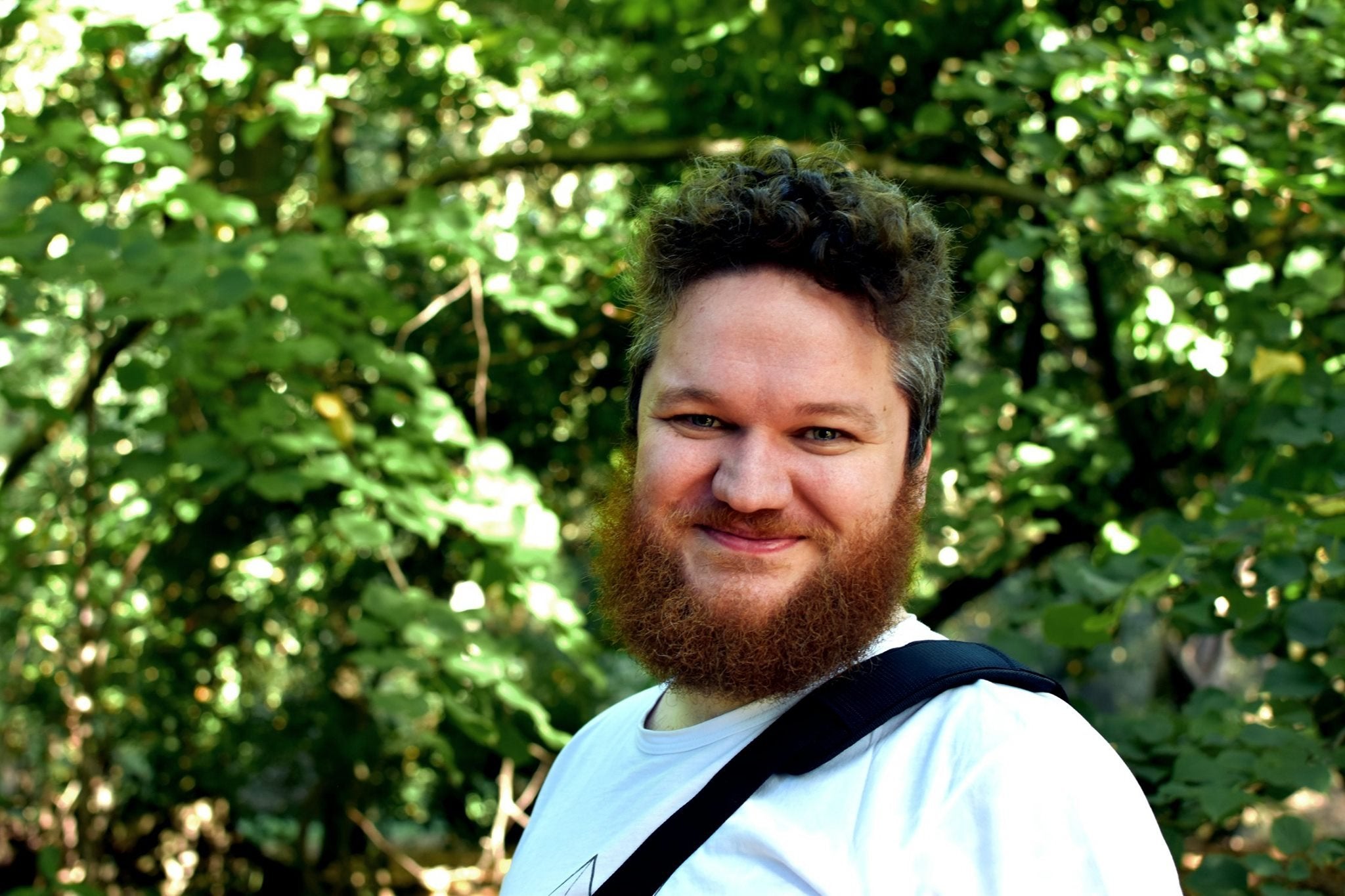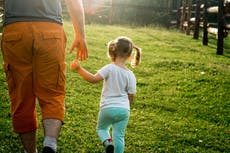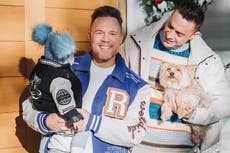‘I did a DNA test and found out I had 7 siblings I didn’t know about’
Exclusive: John Chambers was shocked to learn in his early thirties that he was conceived via a sperm donor

A man has told of the “emotional rollercoaster” of discovering he was conceived using a sperm donor after members of his family were given ancestry DNA kits for Christmas.
John Chambers, 37, a composer who lives in London, told The Independent that following the revelation, when he was in his early thirties, he tracked down the donor by going “down a rabbit hole” and trawling ancestry websites for years. He later learned he had seven other half-siblings from the same donor.
In 2005, a historic change was made to the law covering donor anonymity, which means that, from October this year, thousands of people born through egg and sperm donation will be able to trace their biological roots for the first time.
The UK’s fertility regulator has called on people who donated eggs, sperm or embryos after 1 April 2005 to ensure that their contact details are up to date before members of the first eligible cohort – that is, children who turn 18 this year – are able to request the information, in order to “avoid disappointing their offspring”.
Later this year, around 30 young people who were conceived with the help of a donor will be entitled to request their biological parent’s full name, date of birth, and last known address – with the fertility regulator expecting hundreds of requests to follow in the coming years.
New data from the Human Fertilisation and Embryology Authority shows that some 766 young people will be able to request their donor’s details by the end of 2024, while around 11,427 people will be able to do so by 2030.
Mr Chambers said: “I found out I was donor-conceived four years ago aged 33. It was down to some ancestry DNA kits being bought as Christmas presents. My brother got kits for my mum and dad. His girlfriend got him a kit, too.
“My dad dragged his heels for ages and wouldn’t send his kit back. I thought, ‘Why not? Let’s find out what percentage of Viking you are.’ My brother matched with my mum but not with my dad.
“Looking at the results, I thought, ‘Oh God, did my mum have an affair?’ When they sat down and told me, it was all a bit of a blur – it was a huge emotional rollercoaster for weeks and months.”
Mr Chambers said it was a “source of sadness” knowing he will never know “for certain” if he has unknowingly met other siblings, explaining that he “divides” his life into the part when he knew he was donor-conceived and the part before he found out.
“You lose your sense of identity,” he added. “Other people who find out they were donor-conceived as adults report similar experiences – they think, ‘Who am I now?’”
Mr Chambers said his seven half-siblings were all conceived via the same sperm donor, but have different mothers. He said he thinks about the fact he was conceived via donor “all the time”.
He added: “It is four years since it has all happened, so things have settled down. But I don’t quite know when another sibling is going to turn up. There are eight of us in total that I’m aware of. I have been piecing together the puzzle of myself.”
Mr Chambers and all his newly found half-siblings regularly meet for drinks and “family barbecues”, during which they have uncovered “all these points of connection”. He said his new relationships with them have been “the silver lining” to the initial shock of finding out.
He explained that he and his half-siblings had met up with their sperm donor in a pub, which was “nerve-racking”, but that everyone had “got something really positive” from the experience.
“Initially, and completely understandably, he was a bit cold,” Mr Chambers said of his sperm donor. “He was clearly very perturbed he had been found, and took pains to say he was told this would be anonymous.”
Mr Chambers applauded the law coming into effect, saying greater “openness” and “transparency” for donor-conceived people was a positive move.
“It is really exciting they are going to have an opportunity to avoid years of staring at family trees and expensive DNA tests,” he said, adding: “It is not all going to go well; some people will not be open to contact and people will have different expectations about relationships.”
But he called for measures to “go further” and enable donor-conceived people to be able to access information about their donors from the moment they are born.
Join our commenting forum
Join thought-provoking conversations, follow other Independent readers and see their replies
Comments






Bookmark popover
Removed from bookmarks